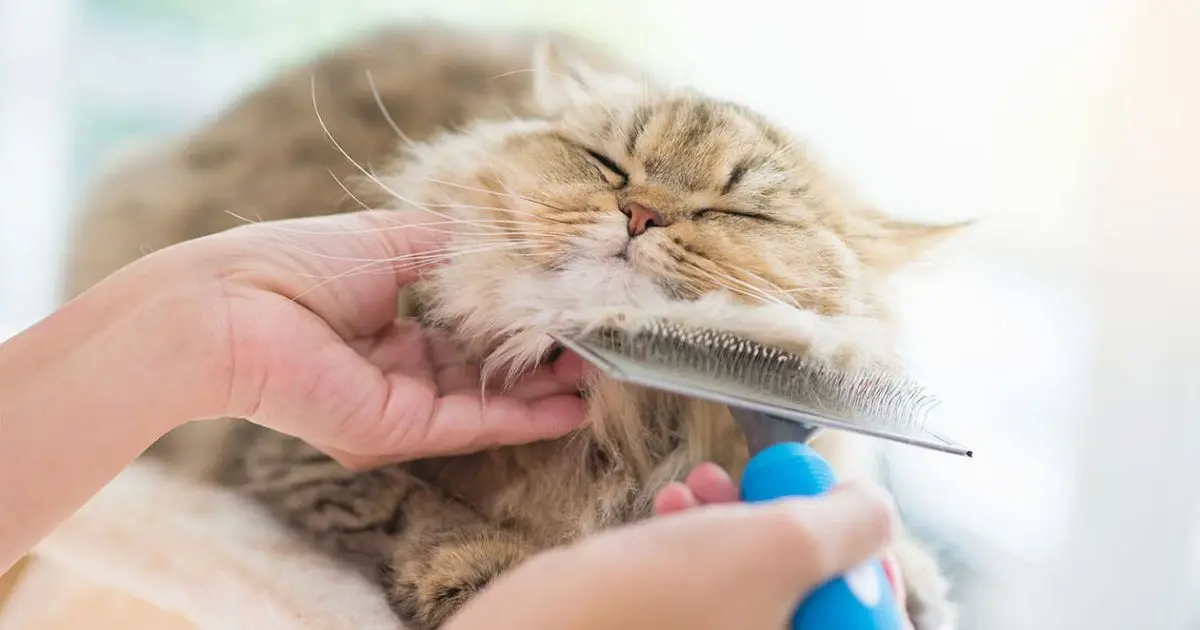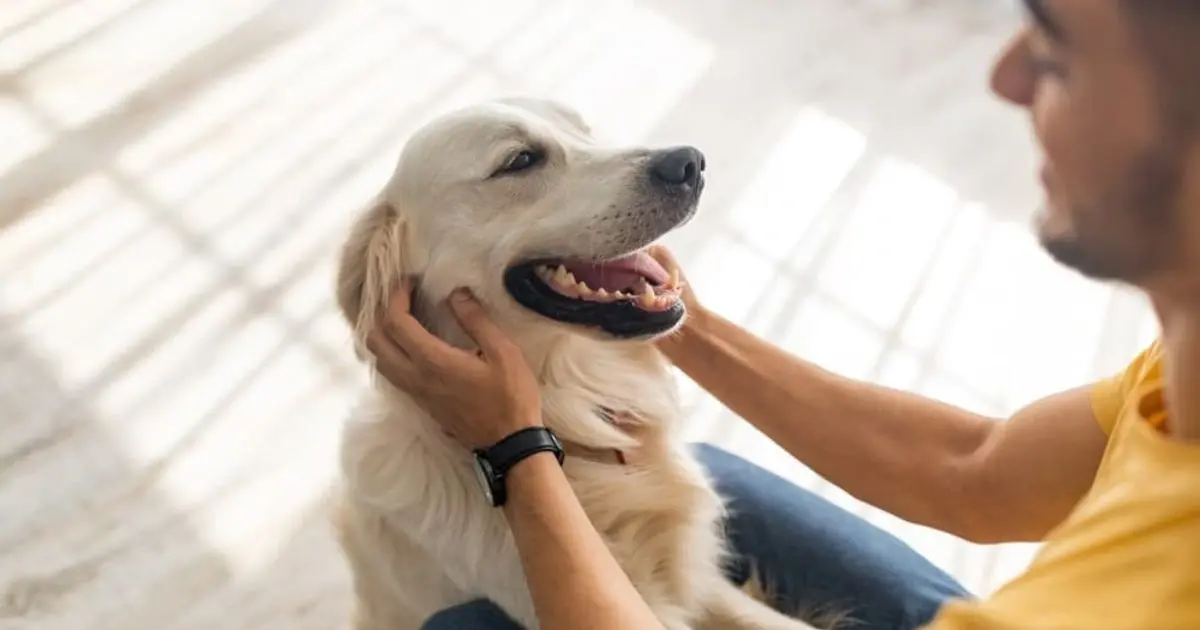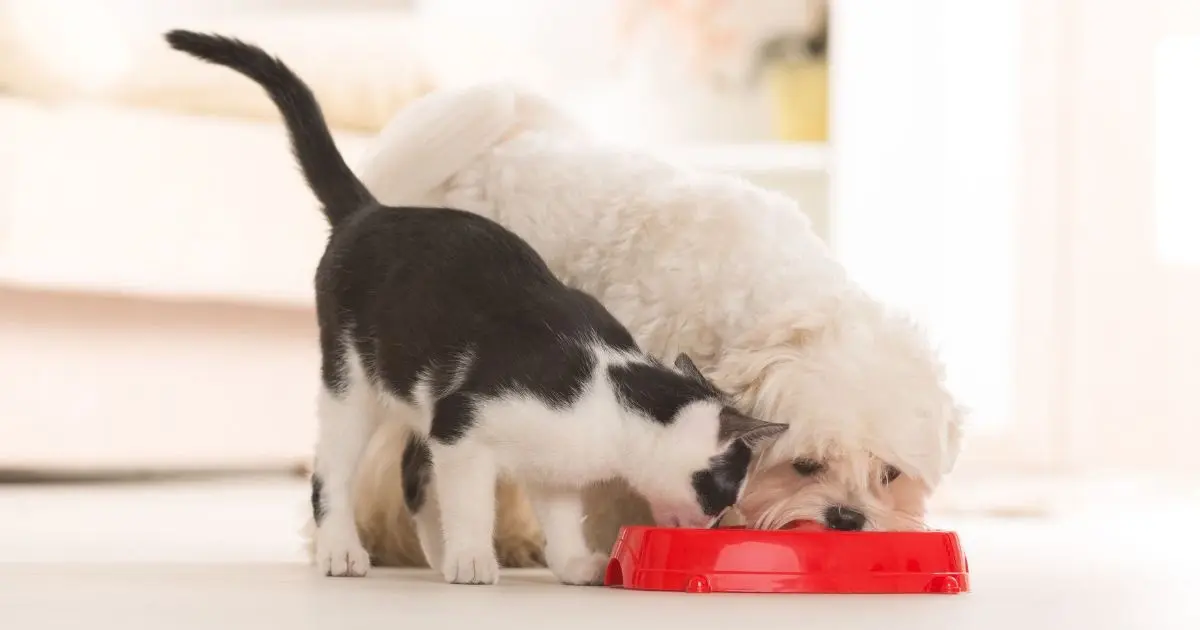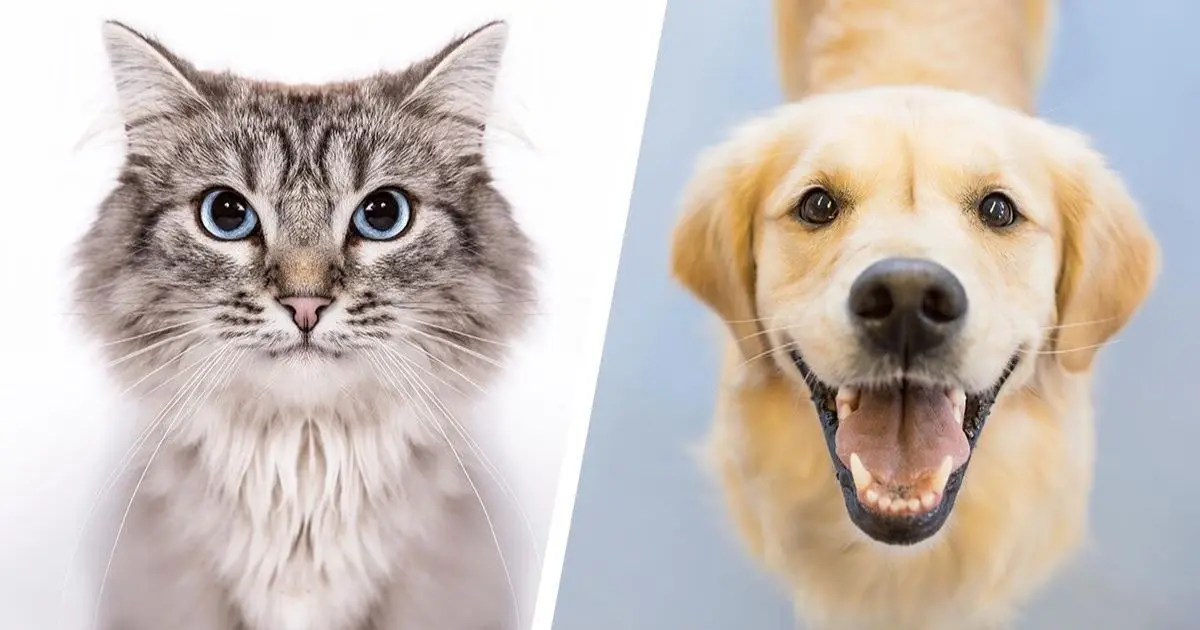Choosing the perfect pet is a decision that can significantly enrich your life. Among the most popular options, cats and dogs each have unique characteristics, advantages, and challenges. Understanding their personalities, needs, and compatibility with your lifestyle can help make the right choice. This article dives deep into the traits of both cats and dogs to help you decide which pet is the best fit for you.
Why Cats Make Great Pets
Independent Nature
Cats are famously self-reliant creatures. Unlike dogs, they don’t require constant attention or daily walks. Their independence makes them a good fit for people with busy lifestyles or those who travel frequently. Cats are content with solitude, provided they have food, water, and a clean litter box.
Low Maintenance Grooming

Cats are natural groomers. They meticulously clean themselves throughout the day, reducing the need for frequent baths. With their short or long fur, many breeds shed less than dogs, making them more manageable for allergy sufferers or those who prefer a tidier home.
Adaptability to Small Spaces
Cats are particularly well-suited for apartment living. They require minimal space and can find joy in vertical exploration, such as climbing cat trees or perching on shelves. Unlike dogs, they don’t need large yards or parks for exercise.
Unique Personality
Each cat has a distinctive personality. While some are aloof, others are affectionate and love cuddling with their owners. Their playful yet mysterious demeanor is a source of endless fascination.
The Case for Dogs as Pets
Unmatched Loyalty
Dogs are often called “man’s best friend” for a reason. Their loyalty and companionship are unparalleled. Dogs thrive on forming strong bonds with their owners and are often deeply protective of their families.
Active Lifestyle

Owning a dog encourages an active routine. From daily walks to playful fetch sessions, dogs help their owners stay physically active. This makes them ideal pets for individuals or families who enjoy outdoor activities.
Versatile Roles
Dogs come in various sizes and temperaments, making them suitable for diverse roles. Some are excellent as watchdogs, while others serve as therapy or service animals. Breeds like Golden Retrievers, Labradors, and Border Collies are known for their intelligence and trainability.
Social Animals
Dogs are naturally sociable creatures. They thrive in family settings and enjoy interacting with humans and other animals. Their presence often reduces feelings of loneliness and anxiety in their owners.
Key Differences Between Cats and Dogs
Daily Care Requirements
Dogs require a strict schedule for feeding, walking, and exercise. In contrast, cats are more flexible. They can be left alone for extended periods, provided their basic needs are met.
Training and Behavior
Dogs are more trainable than cats, responding well to commands and discipline. Cats, on the other hand, may be harder to train due to their independent streak. However, with patience, cats can learn basic tricks and commands.
Feeding Needs

While both cats and dogs need a balanced diet, their dietary requirements differ. Dogs are omnivores and can thrive on a mix of proteins, grains, and vegetables. Cats, being obligate carnivores, require a diet rich in animal protein and specific nutrients like taurine.
Financial Considerations
Initial Costs
Adopting or purchasing a pet involves upfront costs. Dogs, especially certain breeds, can be expensive to buy, while cats are generally more affordable.
Recurring Expenses
Dogs often have higher recurring costs due to their need for regular grooming, larger food portions, and preventive medications like heartworm pills. Cats are less demanding in terms of expenses, though vet visits and quality cat food can still add up.
Unexpected Costs
Both pets can incur unexpected costs due to illnesses or injuries. Having pet insurance or an emergency fund is advisable for both.
Health Benefits of Owning a Pet
Physical Health
Dogs encourage physical activity, helping to reduce the risk of heart disease and obesity in their owners. Cats, while less active, contribute to lowering stress levels through their calming presence.
Mental Well-Being
Studies show that interacting with pets, whether cats or dogs, releases oxytocin, the “love hormone,” reducing anxiety and depression. Pets also provide a sense of purpose and routine.
Lifestyle Match: Which Pet Suits You Best?
For Busy Professionals
Cats are better suited for individuals with hectic schedules, as they require less hands-on care.
For Active Families
Dogs, with their playful energy and need for activity, are a perfect match for families with children.
For Limited Space
If you live in an apartment or small home, a cat’s compact size and lower exercise needs make them a more practical choice.
Conclusion
Choosing between a cat and a dog ultimately depends on your lifestyle, preferences, and resources. Cats are ideal for those seeking independent, low-maintenance companions, while dogs excel as loyal, energetic, and affectionate friends. Whichever you choose, the love and joy a pet brings are priceless.
FAQs
Are cats or dogs more affordable to own?
Cats are generally more affordable due to lower grooming, food, and vet costs. However, both require a financial commitment.
Which pet is easier to train?
Dogs are easier to train due to their sociable and obedient nature. Cats, while trainable, are less responsive to commands.
Do cats or dogs live longer?
Cats often have a longer lifespan, averaging 12-18 years, while dogs’ lifespans vary by breed, typically ranging from 8-15 years.
Which pet is better for allergy sufferers?
Some cat breeds, like the Siberian, and dog breeds, like the Poodle, are considered hypoallergenic. However, individual allergies should be tested before adoption.

Robert Harris is a dedicated animal enthusiast and expert in the pet and wildlife niche. With extensive experience in pet care, wildlife studies, and blogging, James offers practical tips, insightful advice, and heartwarming stories to help pet owners create stronger connections with their furry, feathered and scaly friends.








